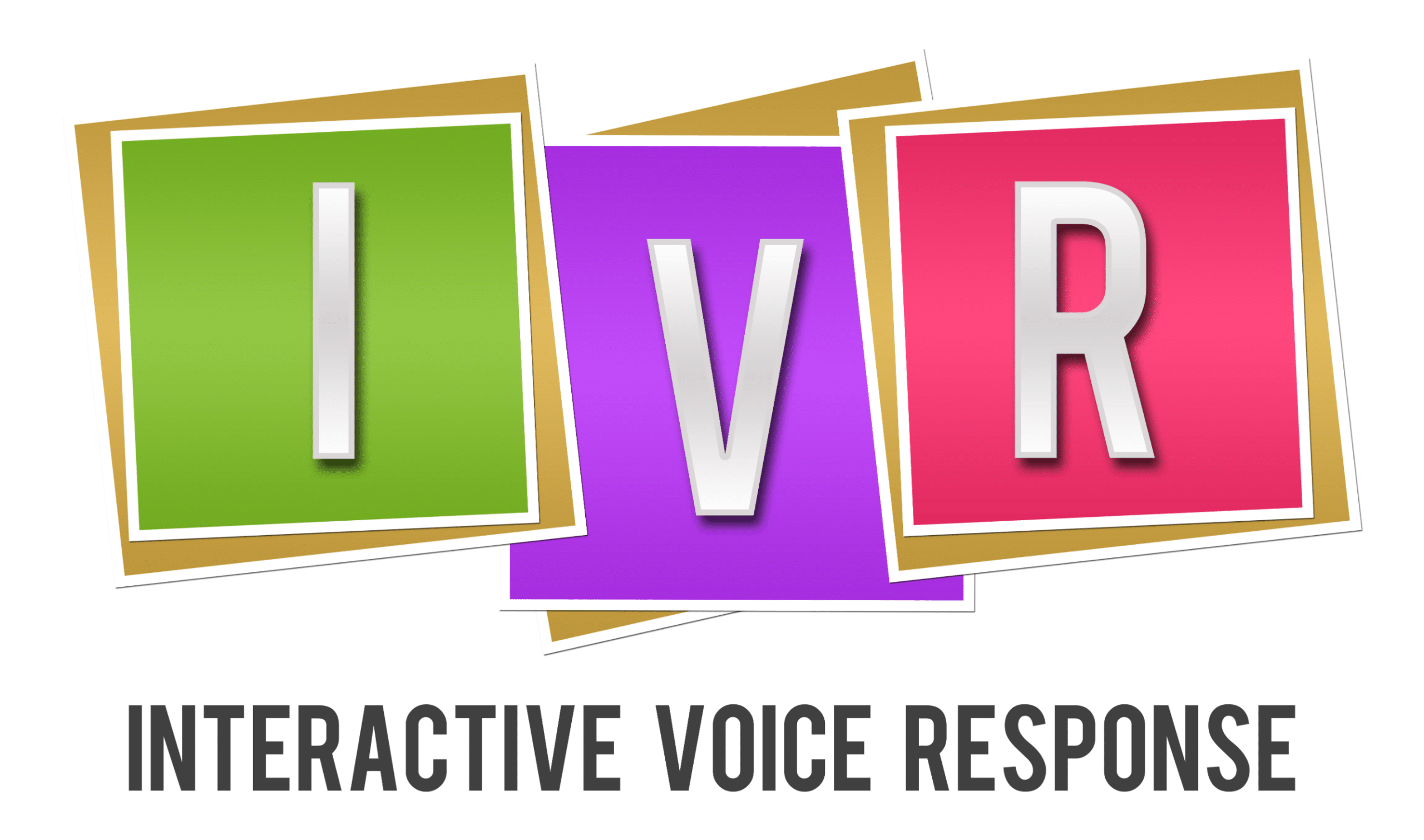




IVR, or Interactive Voice Response, is a technology that allows businesses to interact with customers through an automated system, typically over the phone. It uses pre-recorded, or computer-generated voice prompts and touch-tone or speech recognition inputs to guide customers through various options and complete various tasks. Typical uses of IVR include:
A digital receptionist, also known as a virtual receptionist or an auto-attendant, is an IVR system that provides a professional, automated greeting to callers and routes them to the appropriate department or person. The system can also be programmed to provide callers with information such as office hours, directions, and frequently asked questions.
One of the critical benefits of IVR and digital receptionist systems is that they can help businesses to improve customer service. With an IVR system, customers can quickly and easily get the information they need or complete the task without waiting on hold or talking to a live person. That can save time and increase customer satisfaction. Moreover, a digital receptionist can provide a professional, polished experience to callers, even if no one is physically available to answer the phone.
Another benefit of IVR and digital receptionist systems is that they can help businesses to save money. An IVR system can reduce the number of live agents needed to handle customer calls, which can help to reduce labor costs. Additionally, with a digital receptionist, a business can avoid the costs of hiring a full-time receptionist.
IVR and digital receptionist systems can also help businesses to improve efficiency. With an IVR system, customers can self-serve, which means they can get the information they need or complete the task quickly and easily without waiting on hold or talking to a live agent. Additionally, a digital receptionist can automatically route calls to the appropriate department or person, saving time and reducing the number of transferred calls.
Furthermore, IVR and digital receptionist systems can also provide valuable data and insights. They can track and collect data on the customer's interactions, such as the number of calls, the call duration, and the most common tasks or requests. This data can be used to improve customer service and streamline operations.
However, there are also some limitations when using IVR and digital receptionist systems. Some customers may need help navigating the automated prompts or prefer to talk to a live agent. Additionally, an IVR system can be less flexible than a live agent, as it is limited to the options programmed into the system. Moreover, IVR and digital receptionist systems are unsuitable for handling complex customer issues or emergencies that need human empathy and problem-solving skills.
In conclusion, IVR and digital receptionist systems are powerful tools that can help businesses to improve customer service, save money, and improve efficiency. These systems can provide callers with professional, polished experience and valuable data and insights. However, it's essential to consider the systems' limitations and use them in conjunction with live agents to provide the best customer service experience.

Want more information about how our Cybernetic Connect Cloud System can help your business? Book an appointment with one of our experts and find out exactly how it works - absolutely free!
